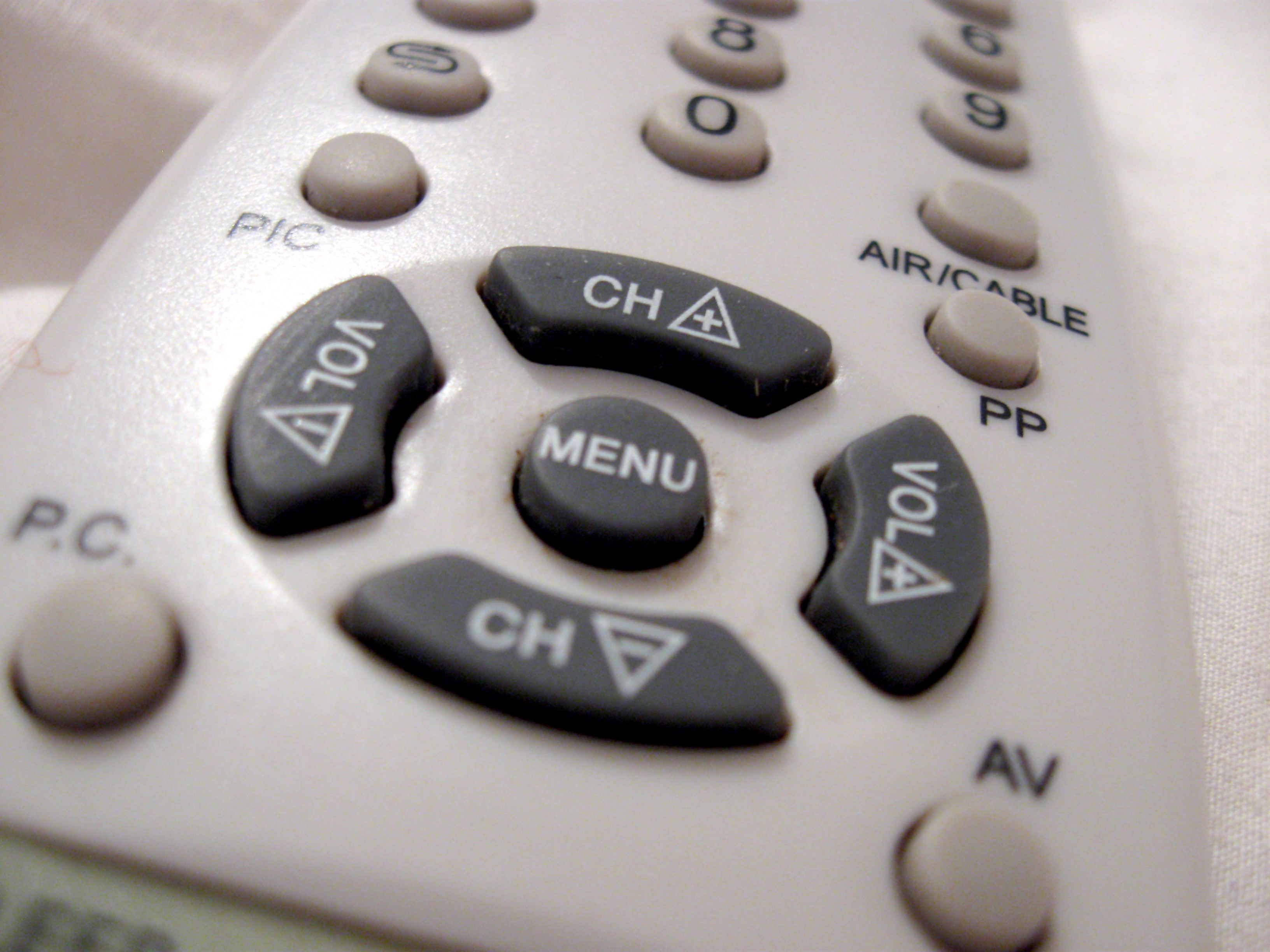by: Dr. Craig A. Maxwell
 Since the Vietnam War era, everyday citizens have been thrust onto the front lines to experience a kind of terror and violence once only reserved for soldiers and medics. Now, in the 21st century, we can watch as much news coverage as we want 24 hours a day and in high definition color to boot. Yes, you have to be informed but can watching too much news coverage actually be bad for your health? Studies say yes.
Since the Vietnam War era, everyday citizens have been thrust onto the front lines to experience a kind of terror and violence once only reserved for soldiers and medics. Now, in the 21st century, we can watch as much news coverage as we want 24 hours a day and in high definition color to boot. Yes, you have to be informed but can watching too much news coverage actually be bad for your health? Studies say yes.
Being “Too Informed” Could Harm Your Health
We live in an age where news coverage is rarely censored. When murders, shooting rampages, and terrorists attack occur, there are few cutaways. Now we actually see the bombs, the blood, and the terrified faces not once or twice, but several different times, and from multiple angles.
Being this up close and personal with this type of news coverage can have serious and lasting health consequences, including:
- Panic Attacks
You may not notice it at first but too much news coverage can make you feel increasingly anxious until that anxiety bubbles over into a full-blown panic attack. The hours of news coverage you’ve been watching can sneak into your unconscious thoughts, leaving you more vulnerable to feelings of fear, stress, and anxiety.
- Paranoid Thinking
It’s completely understandable, given recent events, to feel a little apprehensive about leaving your home or attending certain events.  Unfortunately, being more informed about possible terrorist attacks or home invasions will not make you feel more secure; they are likely to make you feel paranoid. If you find yourself jumping each time a firecracker goes off or you find yourself in the presence of a certain type of person, it might be time to turn off the tube. If paranoid thinking begins to affect your work or home life, talk therapy may be able to help.
Unfortunately, being more informed about possible terrorist attacks or home invasions will not make you feel more secure; they are likely to make you feel paranoid. If you find yourself jumping each time a firecracker goes off or you find yourself in the presence of a certain type of person, it might be time to turn off the tube. If paranoid thinking begins to affect your work or home life, talk therapy may be able to help.
- Mood Swings
Repeatedly watching television news coverage of traumatic events can really get under your skin and come out at unlikely times. The next time you watch news coverage, pay attention to how your body is responding. Are your muscles tensing up? Your palms sweating? Your jaw clenched? Sometimes just being aware of how the news coverage is making you feel is enough to help you release the emotion right there instead of snapping at someone else hours later.
- Sleep Loss
If you watch the news right before bed, it could be contributing to those racing thoughts you experience after you turn off the lights. If, after watching news coverage, you find yourself thinking about what you’ve watched for more than 10 or 15 minutes, watching the news before bed is not a good idea. If you’re accustomed to watching TV before you fall asleep, watch a sitcom instead.
- Heart Disease
Watching traumatic or graphic news coverage can cause your body to respond as though the event is actually happening to you. This is called the “fight or flight” response. If, while watching the news, you notice your heart race, your breathing quicken, and your muscles tense, it’s time to turn off the TV and remind yourself that what you’re seeing is not happening directly to you.
When you’re keeping up with a particularly troubling news event, you may feel as though you can’t turn stop watching the coverage. If this is the case, a “news fast” might be good for you. Try completely avoiding the news for one week and pay close attention to how it makes you feel. You may notice you feel more relaxed than you have in a while. When you decide to go back to watching news coverage, commit to watching only 1 hour each day and no more.
Even Sitcoms Cause Health Problems
 It’s not just traumatic news coverage that can cause health problems; too much TV watching in general isn’t good for your health. According to A.C. Neilson, the average American watches television more than 4 hours a day.
It’s not just traumatic news coverage that can cause health problems; too much TV watching in general isn’t good for your health. According to A.C. Neilson, the average American watches television more than 4 hours a day.
This amount of television watching can lead to health problems such as:
- Obesity
Television and poor dietary choices often go hand in hand, which can put you at risk for obesity. When you’re into a good television show or movie, it can be very easy to over-indulge on meals and snacks. Plus, if you’re sitting in front of the tube, you’re not exercising.
- Diabetes
If you have a family member who has a history of diabetes and you are overweight, you’re at an increased risk for developing the metabolic disorder yourself. Studies have shown that increased television watching in the modern industrialized world have put people at risk for the development of diabetes.
- Attention Problems
According to a study published by The American Journal of Pediatrics, children exposed to television between the ages of 1 and 3 were at increased risk for attention problems by their 7th year.
- Infertility
According to a Harvard Study, men who spent more than 20 hours watching television had 44% less sperm than those who watched no TV at all. If you’re trying to conceive a child, spend more time working out and less time in front of the tube!
Watching a couple of hours of television each day shouldn’t do any damage to your health. However, when TV-watching becomes excessive and takes the place of your social and/or fitness routine, it’s time to cut back.
Since it can be very easy to just sit back and passively stare at the screen, make an effort to monitor how you feel when watching certain television programs. This will help you get a better understanding of how your TV watching might be affecting you, so you can take a more active role in your health.
Resources:








